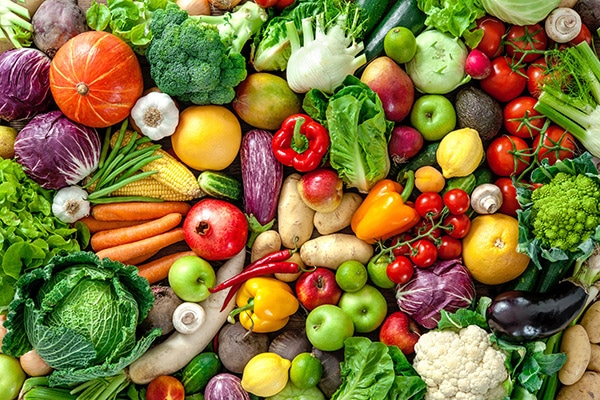
What will we eat in the future?
Published: 2017-11-14The world’s population is estimated to reach nine billion people by 2050, and therefore demand for food is expected to increase by 70 percent. The question is – what will we eat?
There are many factors affecting the future of our food consumption. And, of course, food consumption already varies between countries and cultures depending on availability and how we view animals and plants. There is talk of insect farms, artificial meat and growing vegetables without soil.
Hanna Halpern, CEO of Restaurangakademien in Stockholm, is on the trade publication Restaurangvärlden’s list of the most powerful people in the Swedish restaurant industry, Matsveriges Mäktigaste. I spoke with her about how she sees the future.
– What are the trends?
Among conscious consumers, meat consumption is decreasing and vegetarian options are increasing. The long-term trend is better, but with less meat. The trend-setters are looking to vegan food but are perhaps not in complete agreement on what that is.
– How will we eat: with the family, on the go, at restaurants, ready-made or food prepared from scratch?
It will involve all the things you mentioned. Because time will continue to be a commodity in short supply, we are going to eat on the go and choose ready-made options. However, when we do take the time, we will choose to make it an experience by cooking together, from scratch. There will be business opportunities for companies that help consumers save time while also giving them the opportunity to eat well and make choices that are good for the climate, the earth and our fellow human beings.
– What are we going to eat?
More vegetables, more alternative proteins, more things from the sea, such as algae, and other things that we do not yet eat – such as insects but perhaps more in the form of, for example, flour made from insects. That’s the protein we want. However, it needs to be remembered that food should taste good, have the right consistency and also do good. Product developers and suppliers must be aware of this. If it doesn’t taste good then it becomes more like a medicine for the earth or for people, which will prevent the right products from reaching large volumes among consumers.
As always, the situation will be dictated by supply and demand. I hope that, just as Hanna predicts, we will take care in eating what does good, tastes good and protects our planet – which determines the choices for both companies and individuals.
Malin Annebäck
Marketing Director